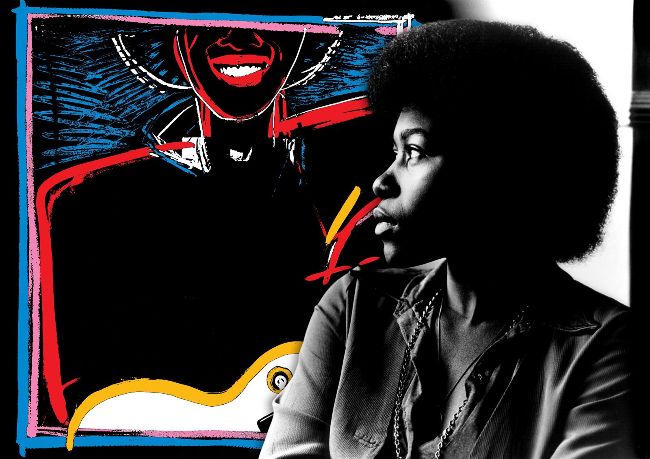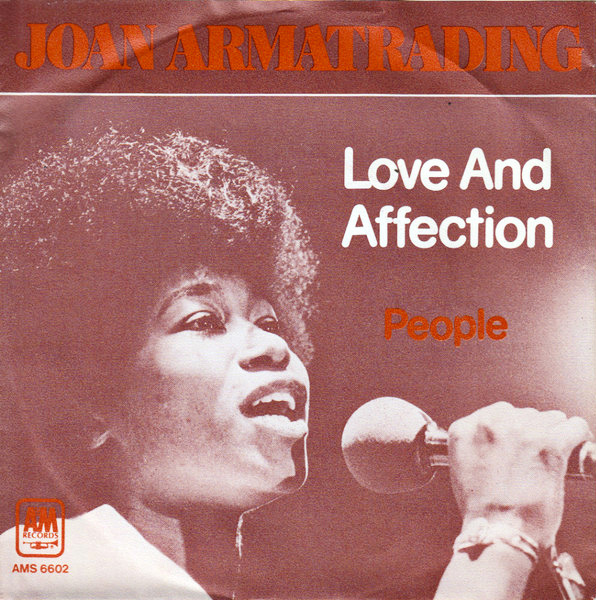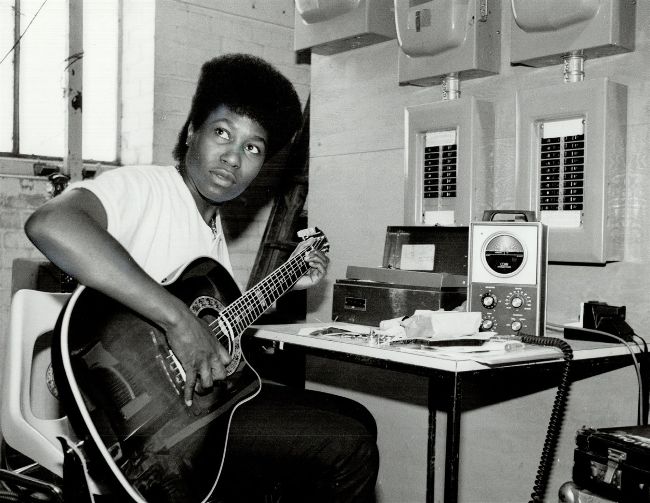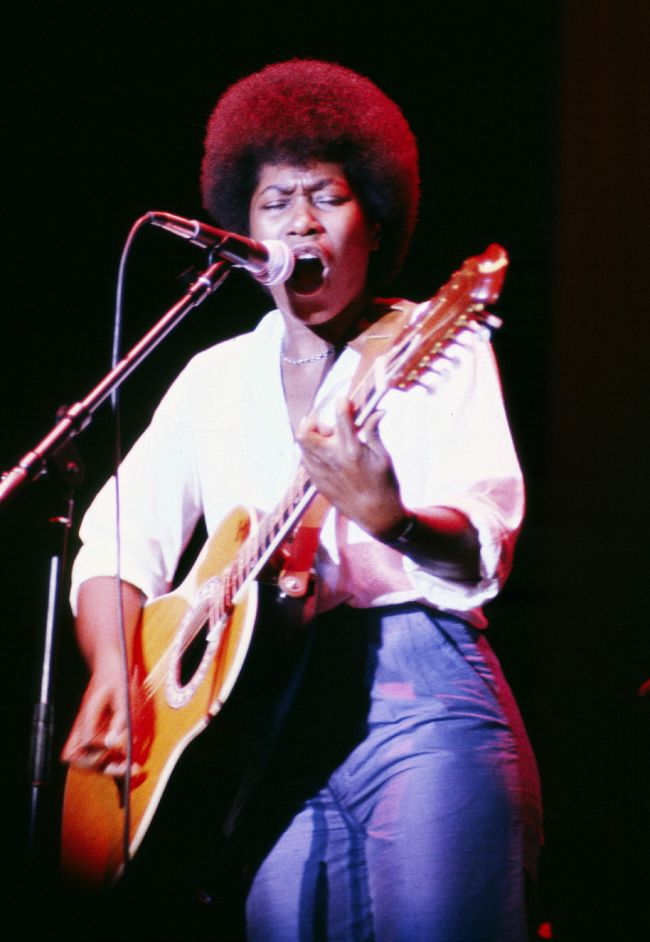ROCK Steady
AS A NEW BOOK OF HER LYRICS BEARS OUT, JOAN Armatrading IS A ONE-OFF – FOR 50 YEARS A WRITER OF IRON-CLAD SONGS, IMMUNE TO FASHION, ADMIRED BY CLASSIC ROCK’S GREAT LUMINARIES. FAME SHE CAN TAKE OR LEAVE, BUT DON’T CONFUSE HER LOW PROFILE FOR LOW SELF-ESTEEM. “I WAS BORN TO WRITE SONGS,” SHE TELLS JOHN Aizlewood . “THERE’S NO OTHER REASON FOR ANY OF THIS.”
“Blue moon/You saw me standing alone/Without a dream in my heart/Without a love of my own…”
THE VENERABLE STANDARD IS JOAN Armatrading’s only musical memory from her childhood. The house she shared with her carpenter father Amos, house-wife mother Beryl, her four brothers and one sister in Brookfields, Birmingham’s now-mostly-demolished inner city district, did not ring with music. There was no access to the Caribbean sounds Amos and Beryl had grown up with in Saint Christopher & Nevis. It being the mid-’60s, rock’n’roll and Carib-bean exiles tended not to cross paths. But Amos could strum a guitar. And his jazz-inflected Blue Moon left an impression.
“He showed me how to tune the guitar,” she remem-bers, “but he wouldn’t let me touch it. We had a room at the side of the house. The door was as heavy as a bank’s safe and even if I had been strong enough to open it, he kept the guitar on the top shelf. When we moved house, he forgot it…”
Joan Armatrading, 72 in December, laughs at the absurdity of it all. It’s a striking, shoulder-heaving gur-gle. It’s never quite clear whether she’s amused or simply deflecting, but it’s rather lovely.
It’s a distinct improvement on our interview’s open-ing phase. In a room at Soho media haunt The Groucho Club she responded to the offer of an outstretched hand with “I’d rather we didn’t”. As a heatwave rages out-side, it’s not just the air-conditioning that has chilled the indoor atmosphere.
It’s a false start. Once it’s un-derstood that music, rather than sexuality, race or pol-itics, is what interests MOJO, she de-frosts. What she really doesn’t want to talk about are feelings: negative feelings. Not that she’d actually say that…

Songs in the key of life: back in the early ’70s, Joan Armatrading says she “had a dream about wanting to be a faceless songwriter.”
Getty

1976 hit Love And Affection;

Going it alone: (this page, clockwise from above) Joan Armatrading tunes up backstage at CNE Bandshell, Toronto, August 4, 1983;

giving it some on-stage in 1983;
Getty (5),
FROMROMTHE TENTATIVE BEGINNINGS OF 1972’sWhatever’s For Us to today’s cottage industry albums, via the global success of the early ’80s, Armatrading has been a wom-an almost alone, immune to fads and impervious to the opinions of journalists (the only question she will ask during our afternoon to-gether is, “What did you think of the Diamond Jubilee Concert?”).
Joni Mitchell was making sophisticated waves in North Amer-ica, but in early-’70s Britain there was nobody paving the way for an awkward, black, female singer-songwriter from Birming-ham’s backstreets, without money, contacts or, since she was too shy to play regularly, a burgeoning cult following. She was an accidental pioneer.
“I wasn’t listening to pop songs,” she says. “I wasn’t a fan of anyone. I didn’t buy records. I didn’t go to see loads of people. For most, an influence is the thing that makes you start, but I didn’t even have that. Over the years, I’ve come to appreciate that nobody had done it like me before, but at the time I didn’t have a clue. I was born to write songs: there’s no other reason for any of this. It’s a weird old world.”